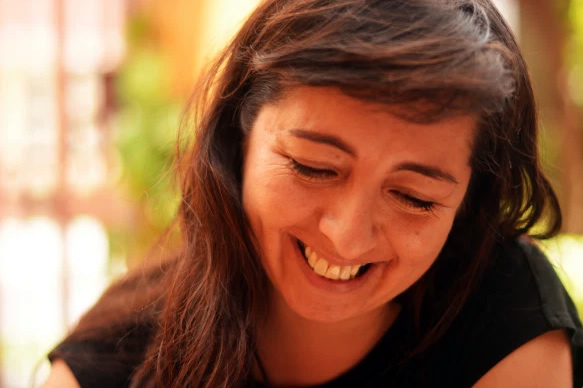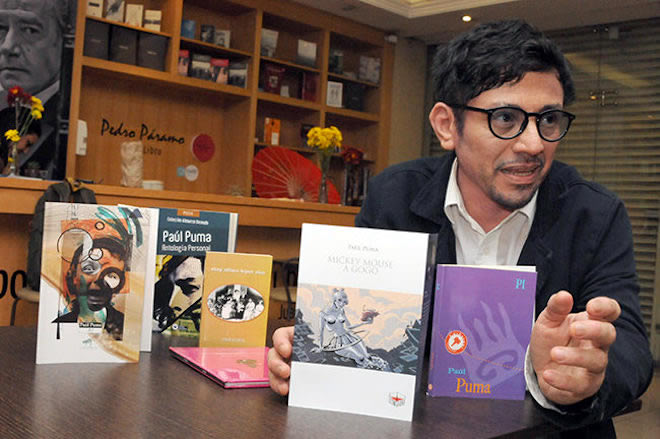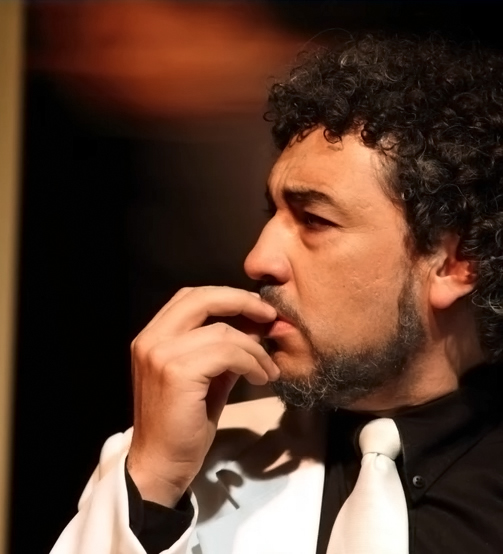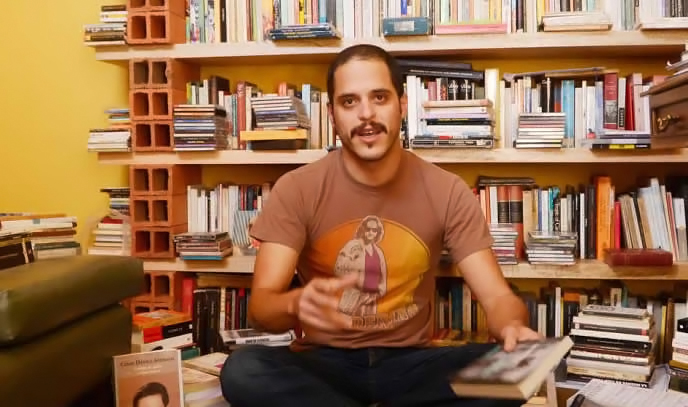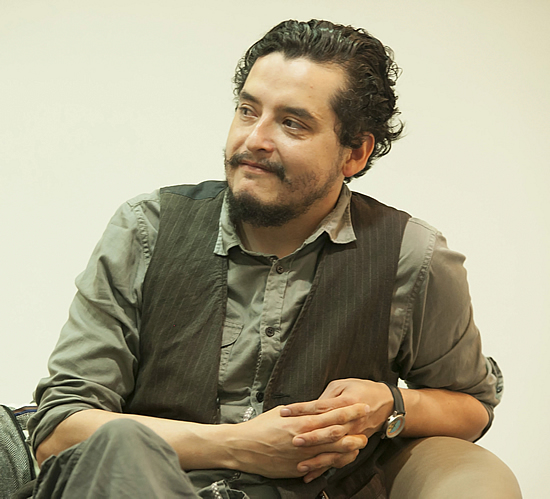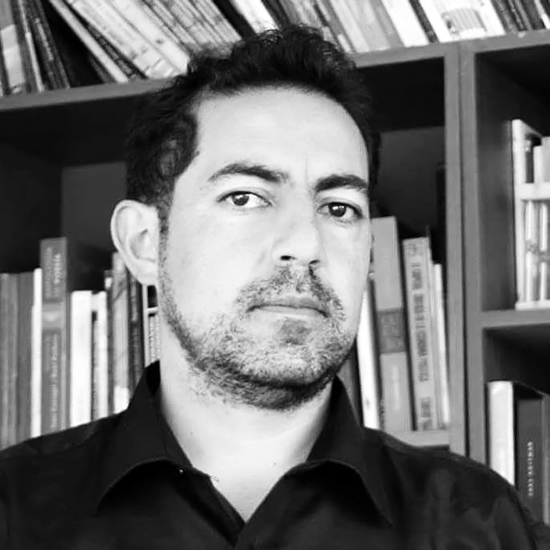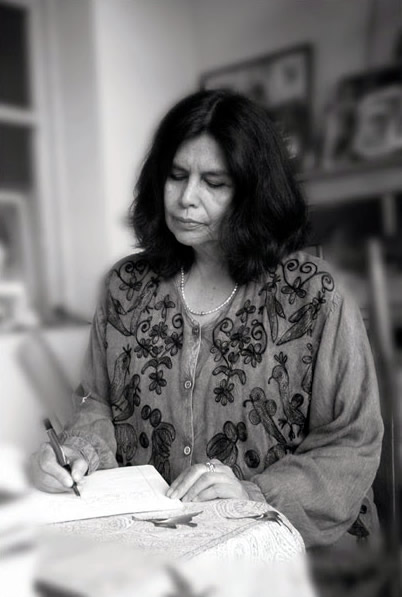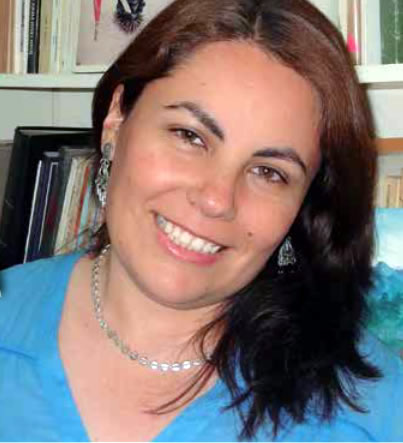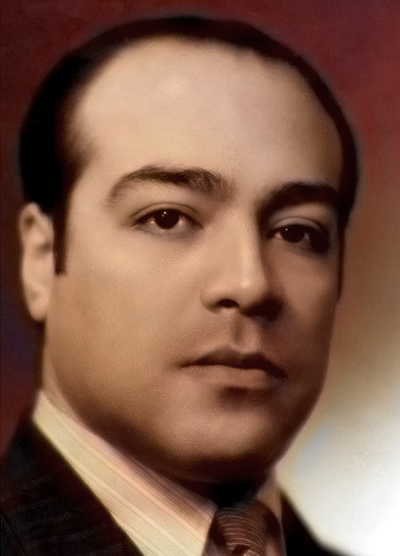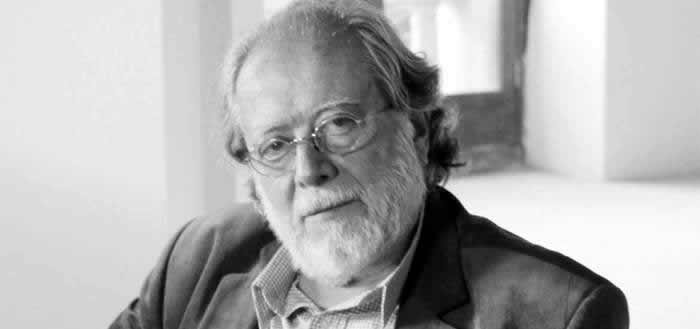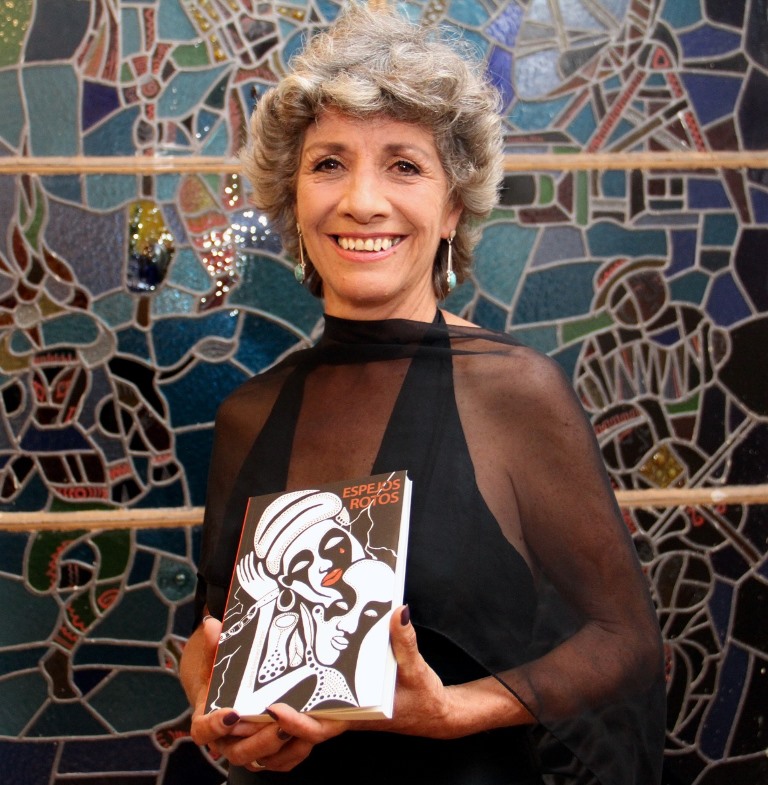María Cristina Burneo Salazar is an Ecuadorian writer, translator, journalist, professor and feminist. She was born in Quito in 1977. She earned a degree in literature from the Pontifical Catholic University of Ecuador, a master’s degree in literature from the Simon Bolivar Andean University, and a PhD in Latin American literature from the University of Maryland, College Park. Since 2014 she has worked as a postgraduate professor at the Simon Bolivar Andean University, specializing in Human Rights, Cultural Studies and Literature. Her book El sueño de Pierre Menard (2001) which questions the essential characteristics of translation and the criteria used to judge a translation, earned the Aurelio Espinosa Pólit Prize.
Continue reading “Cristina Burneo”Category: Writers from Quito
Paúl Puma
Paúl Puma (Quito, 1972) is an Ecuadorian poet, playwright, and literary critic. He has a master’s in Latin American literature from the Simón Bolívar Andean University, Ecuador, and a PhD from the University of Alicante, Spain. Among his best known works are the poetry book Felipe Guamán Poma de Ayala (winner of the Aurelio Espinosa Pólit Prize, 2002), and the science fiction theatre piece Mickey Mouse a Gogo (winner of the Joaquín Gallegos Lara Prize, 2017). In 2017 Puma published El tesoro de los llanganatis (The Treasure of the Llanganates) with an English translation by Jonathan Simkins.
Continue reading “Paúl Puma”Roberto Sánchez Cazar
Roberto Sánchez Cazar (Quito, 1971) is a Ecuadorian artist celebrated for his extensive contributions to theater, both nationally and internationally. His work spans a variety of roles, from actor and director to educator. Notably, as a playwright, he has enriched the literary landscape with his unique voice and narrative style. His dramatic works have garnered him numerous accolades, including the Aurelio Espinosa Pólit National Literature Prize in 2003. His plays, which have been staged in Ecuador, Colombia, and beyond, delve into universal human themes with an intimate understanding of the complexities of the human condition. Published in various magazines and books across Ecuador, Spain, and the United States, his plays have also found their place in Ibero-American anthologies, showcasing the global resonance of his work. Sánchez Cazar’s enduring dedication to the literary arts continues to inspire, influence, and invigorate the world of contemporary theater.
Continue reading “Roberto Sánchez Cazar”Luis Borja Corral
Luis Borja Corral (Quito, 1981) is an attorney and writer. Recurring themes in his works include sexuality, death, marginalization and love. “Los funámbulos” (2012), his first novel, was published digitally. His second novel “Pequeños palacios en el pecho” (2014), won the Aurelio Espinosa Pólit National Literary Prize.
Continue reading “Luis Borja Corral”Santiago Peña Bossano
Santiago Peña Bossano is an Ecuadorian writer. He was born in Quito in 1990. His nonfiction book Estética de la indolencia (2015) won the Aurelio Espinosa Pólit Prize. He received a masters in Literature from the Complutense University of Madrid. He is a professor of Hispanic Literature at the Pontifical Catholic University of Ecuador. He is the director of Cactus Pink, a publisher in Quito. He teaches creative writing at the Kafka Escuela de Escritores (Kafka School for Writers). His novel Mindotown was published in 2017.
Continue reading “Santiago Peña Bossano”Roberto Ramírez Paredes
Roberto Ramírez Paredes (Quito, 1982) is an Ecuadorian author and university professor. His literary journey began with his debut novel “La ruta de las imprentas” in 2015, followed by the critically acclaimed “No somos tu clase de gente” in 2018, which won the Aurelio Espinosa Pólit National Literature Prize. His later works, “Evangelio del detective formidable” (2021) and “Tamia, el universo” (2022), further established him as a prominent figure in contemporary literature. Apart from his novels, Paredes has written for notable Ecuadorian newspapers, including El Comercio and Hoy, and has had his short stories published in various anthologies. Currently, he is sharing his literary expertise and knowledge as a professor at the School of Literature at the University of the Arts (UArtes)in Ecuador.
Continue reading “Roberto Ramírez Paredes”Carlos Vallejo
Carlos Vallejo Moncayo (born in 1973) is a writer from Quito, Ecuador. His poetry book La orilla transparente (2007) earned the prestigious Aurelio Espinosa Pólit National Prize for Literature. In 2009 he was awarded the César Dávila Andrade National Literature Prize.
Continue reading “Carlos Vallejo”Natasha Salguero
Natasha Salguero Bravo (Quito, October 2, 1952) is a prominent Ecuadorian novelist, poet, journalist, and nonfiction writer. In 1989, she became the first woman to win the prestigious Aurelio Espinosa Pólit National Literature Prize for her novel Azulinaciones, which she submitted to the contest under a male pseudonym. That same year, she won the Gabriela Mistral Poetry Prize. Her work, known for exploring themes of feminism, social decay, and political repression, has been widely translated and featured in international anthologies, establishing her as a leading voice in Ecuadorian literature.
Continue reading “Natasha Salguero”Marco Vinicio Rueda
Father Marco Vinicio Rueda Gomezjurado was a Jesuit priest, philosopher, anthropologist, writer, educator. He was born in Quito, Ecuador on August 12, 1914 and died in the same city on March 13, 2005. Rueda was an exponent of Zen in Ecuador. Rueda’s most notable books are concerned with philosophy, anthropology and Zen.
Continue reading “Marco Vinicio Rueda”Ana Estrella Santos
Ana Estrella Santos is a dialectologist and writer who won the Aurelio Espinosa Pólit Prize in 2013 for her short story book La curiosidad mató al alemán. Estrella is the director of the Language and Literature department of the Pontifical Catholic University of Ecuador in Quito, where she also teaches. She earned her PhD in Hispanic Philology and General Linguistics from the National Distance Education University (Madrid, Spain).
Continue reading “Ana Estrella Santos”Jorge Carrera Andrade
Jorge Carrera Andrade (Quito, September 18, 1903 – Quito, November 7, 1978) was an Ecuadorian writer, poet, diplomat, and university professor. He was widely regarded as one of the most influential Latin American poets of the twentieth century both during his lifetime and after his death. Muna Lee’s critically-acclaimed translation of his poetry collection, Secret Country (1946), brought him to prominence in the United States. He lectured at Stony Brook University in the Department of Romance Languages in 1970-1972, he also guest lectured at Harvard University and Vassar College during this period. Most of his poetry has been translated into French, German, Russian and English.
Continue reading “Jorge Carrera Andrade”Iván Égüez
Iván Égüez (Quito , 1944) is an Ecuadorian novelist, short story writer, and poet. He has written 7 novels, 7 short story books, and 6 poetry books. His novel “La Linares” was the first recipient of the prestigious Aurelio Espinosa Pólit National Literature Prize in 1975. Controversy ensued when the Pontifical Catholic University of Ecuador, which awards the prize, announced “La Linares” as the prize’s winner, because the book’s main protagonist is a prostitute. It has since gone through a dozen editions in Ecuador and abroad and has been translated into several languages. The “La Linares Short Novel Prize,” which is awarded by the Eugenio Espejo Campaign for Books and Reading, bears the name of Égüez’s groundbreaking work. He was also well known nationally and internationally for his poetry books.
Continue reading “Iván Égüez”Alexis Zaldumbide
Alexis Zaldumbide Manosalvas (Quito, 1982), is an Ecuadorian author who has artfully bridged the realms of literature and music, crafting narratives that resonate deeply with themes of solitude, complexity, and the nuanced dance of human emotions. With “Habitaciones con música de fondo,” he captivated the literary world and secured the prestigious XLIII Aurelio Espinosa Pólit Prize in 2018, an accolade that underscored his adeptness at weaving intricate tales that explore the profound depths of isolation against a backdrop of a richly textured reality. Before this notable achievement, Zaldumbide had already demonstrated his versatile talent through children’s literature with “La puerta azul” and “Las valerosas hazañas de Pedro Mayo,” both published in 2013.
Continue reading “Alexis Zaldumbide”Lucrecia Maldonado
Lucrecia Maldonado (Quito, May 24, 1962) has written novels, poetry, short stories, children’s literature, and nonfiction. Since 1991 Maldonado has been a language and literature professor at the American School of Quito. Her first novel “Salvo el calvario” (2005) won the prestigious Aurelio Espinosa Pólit Prize.
Continue reading “Lucrecia Maldonado”Sandra Enríquez Garzón
Sandra Enríquez Garzón (Quito, August 10, 1963) is an Ecuadorian writer. From a very young age, she developed a love for reading and the arts, often indulging in narrating stories of her own invention. Her adolescence went by almost unnoticed as she started working at a young age. Tired of the conventional lifestyle, in 1992 she made the decision to move to the Valle de Mindo in the northwest of Pichincha. Her childhood was surrounded by nature, rivers, and animals. Being a lover of good cuisine, she opened a restaurant that became a meeting point for many people for 14 years. At the age of 56, after having traveled through South America by land and seeking new inspiration, she wrote her first novel, “Espejos Rotos” (“Broken Mirrors”). The novel, set between 1830 and 1852, explores the theme of freedom in a historical context, woven into a story of love, magic, and humor. Enríquez has described it as “a story that reflects the years of the past in a broken mirror.”
Continue reading “Sandra Enríquez Garzón”